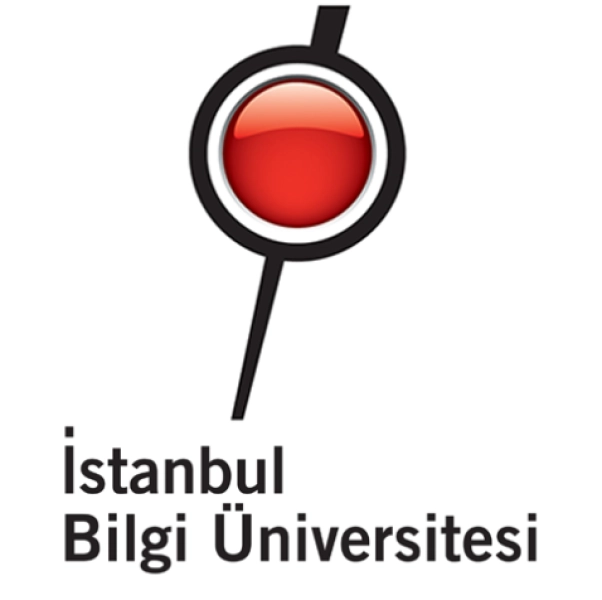College: Applied Sciences
Culinary Arts focuses on the study of food and its cultural, artistic, and scientific aspects. Students develop skills in culinary arts, food sciences, nutrition, and food management. Graduates are prepared for careers in the culinary industry, food services management, nutrition, and food research and development.
Learning Objectives:
- Understand the fundamentals of culinary arts and cooking techniques.
- Develop skills in cooking techniques, food sciences, and nutrition.
- Learn menu planning techniques, food management, and culinary innovation.
- Explore the principles of food culture, history, and sustainability.
- Analyze and interpret culinary trends and food research findings.
- Develop critical thinking, creativity, and management skills for effective culinary practice.
Main Curriculum:
- Introduction to Culinary Arts
- Overview of key concepts, principles, and practices in culinary arts.
- Fundamentals of culinary arts, food culture, and the history of culinary arts.
- Culinary Arts
- Principles of culinary arts, including cooking techniques, recipe development, and kitchen management.
- Techniques for preparing and presenting diverse cuisines and dishes.
- Food Science
- Principles of food science, including food chemistry, microbiology, and preservation techniques.
- Techniques for understanding and applying food science in culinary practices.
- Nutrition
- Principles of nutrition, including dietary requirements, guidelines, and health benefits.
- Techniques for preparing nutritious and balanced meals.
- Menu Planning and Food Management
- Principles of menu planning and food management, including cost control, inventory management, and menu engineering.
- Techniques for developing and managing menus and food operations.
- Food Culture and History
- Principles of food culture and history, including culinary traditions, regional cuisines, and cultural influences.
- Techniques for studying and appreciating food culture and history.
- Sustainability in Culinary Arts
- Principles of sustainability in culinary arts, including sustainable food practices, local sourcing, and waste reduction.
- Techniques for applying sustainable practices in culinary operations.
- Practical Training
- Hands-on experiences in culinary settings, including practical training and projects in restaurants, hotels, or culinary research institutions.
- Application of acquired skills in practical culinary scenarios.
- Capstone Project in Culinary Arts
- Comprehensive project to apply skills in culinary arts, food science, or menu planning.
- Presentation of a refined culinary project, research paper, or menu proposal.
Assessment Methods:
Culinary arts projects, food science reports, nutrition analyses, menu planning studies, food management plans, food culture and history studies, sustainability projects, practical training reports, capstone projects, group projects, and presentations.
Recommended Textbooks:
- "Culinary Arts" by various authors.
- "Food Sciences" by various authors.
- "Nutrition" by various authors.
- "Menu Planning and Food Management" by various authors.
- "Food Culture and History" by various authors.
- "Sustainability in Culinary Arts" by various authors.
Prerequisites:
Basic knowledge of cooking, food sciences, and an interest in culinary arts and food culture.
Duration of Specialization:
Typically two to four years for an associate or bachelor's degree, including coursework, internships, and capstone projects.
Certification:
Graduates may earn a degree or certificate in culinary arts and pursue further education or professional certifications, such as those offered by culinary institutes or food management organizations.
Target Audience:
Aspiring chefs, culinary artists, food scientists, nutritionists, food services managers, and individuals seeking careers in the culinary industry, food services management, nutrition, and food-related research and development. This specialization provides students with the culinary, scientific, and managerial skills needed to excel in culinary arts and support careers in various food and culinary roles.






